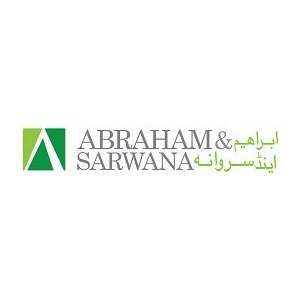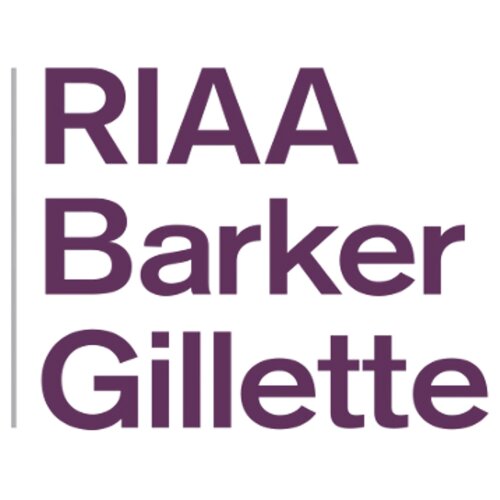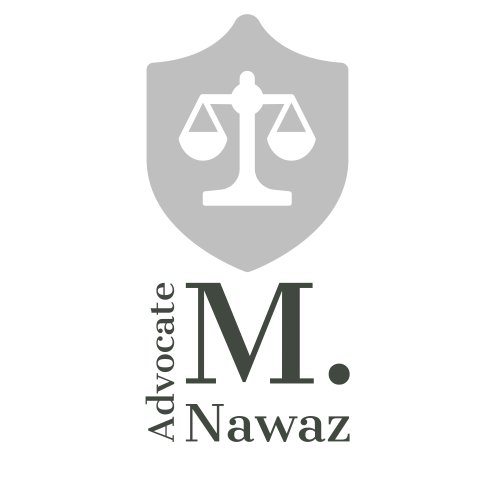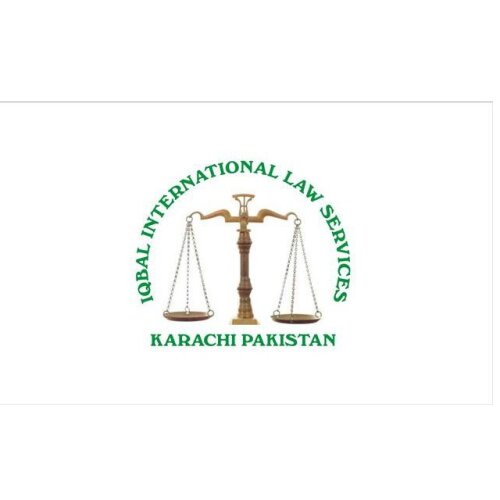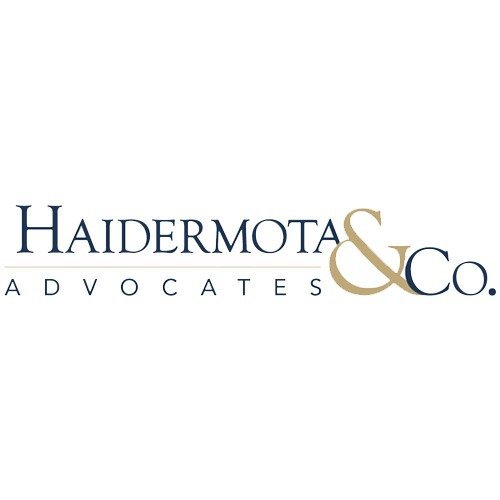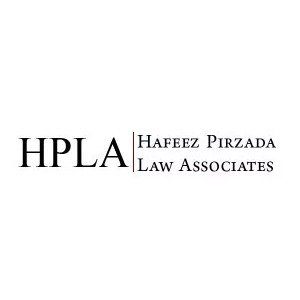Best ADR Mediation & Arbitration Lawyers in Karachi
Share your needs with us, get contacted by law firms.
Free. Takes 2 min.
List of the best lawyers in Karachi, Pakistan
About ADR Mediation & Arbitration Law in Karachi, Pakistan:
ADR Mediation & Arbitration in Karachi, Pakistan refers to the alternative dispute resolution methods used to resolve legal conflicts outside of traditional court litigation. These methods involve negotiation, mediation, and arbitration processes to reach mutually acceptable agreements between parties involved in a dispute.
Why You May Need a Lawyer:
While ADR Mediation & Arbitration provide an alternative to traditional litigation, there are situations where legal assistance is crucial. You may need a lawyer in the following common scenarios:
- Complex Cases: If your dispute involves intricate legal issues or significant amounts of money, a lawyer can provide valuable expertise.
- Legal Representation: Having a lawyer ensures your rights and interests are protected throughout the ADR process.
- Unfair Tactics: If the opposing party engages in unfair tactics or takes advantage of you, a lawyer can help level the playing field.
- Document Preparation: Lawyers help in drafting legal documents, making sure they are thorough, accurate, and adhere to the relevant laws.
- Enforcing Agreements: If the other party fails to comply with an agreement reached through ADR, a lawyer can pursue enforcement actions on your behalf.
Local Laws Overview:
In Karachi, Pakistan, the ADR Mediation & Arbitration process is governed by the Arbitration Act, 1940. This act provides the legal framework for conducting arbitrations and enforcing arbitration agreements. Additionally, the Mediation and Conciliation Rules were introduced in 2018 to facilitate and regulate mediation proceedings. It is important to understand these laws and how they apply to your specific situation to effectively navigate the ADR process.
Frequently Asked Questions:
1. What are the advantages of choosing ADR instead of litigation?
ADR offers numerous benefits, including faster resolution, lower costs, confidentiality, and the opportunity for parties to be directly involved in crafting mutually acceptable solutions.
2. Can I still hire a lawyer to represent me during ADR processes?
Absolutely. While ADR encourages a more collaborative approach, having a lawyer by your side ensures your rights are protected, and your interests are advocated for throughout the process.
3. Is an ADR agreement enforceable by law?
Yes, agreements reached through ADR processes, such as mediation or arbitration, can be enforceable under the law, provided they meet the necessary legal requirements and are properly documented.
4. How long does the ADR process usually take in Karachi?
The duration of the ADR process can vary depending on the complexity of the dispute and the willingness of the parties to reach a resolution. It can range from a few weeks to several months.
5. Can ADR be used for all types of disputes?
ADR is suitable for a wide range of disputes, including commercial, family, property, and workplace-related conflicts. However, certain disputes, such as criminal cases, may not be appropriate for ADR methods.
Additional Resources:
- ADR Center Karachi - www.adrcenterkarachi.com
- Karachi Chamber of Commerce & Industry - www.kcci.com.pk
- Pakistan International Arbitration Association - www.piaa.org.pk
Next Steps:
If you require legal assistance in ADR Mediation & Arbitration, it is advisable to consult with an experienced lawyer who specializes in this field. They will guide you through the process, ensure your rights are protected, and help you reach a fair resolution for your dispute.
Lawzana helps you find the best lawyers and law firms in Karachi through a curated and pre-screened list of qualified legal professionals. Our platform offers rankings and detailed profiles of attorneys and law firms, allowing you to compare based on practice areas, including ADR Mediation & Arbitration , experience, and client feedback.
Each profile includes a description of the firm's areas of practice, client reviews, team members and partners, year of establishment, spoken languages, office locations, contact information, social media presence, and any published articles or resources. Most firms on our platform speak English and are experienced in both local and international legal matters.
Get a quote from top-rated law firms in Karachi, Pakistan — quickly, securely, and without unnecessary hassle.
Disclaimer:
The information provided on this page is for general informational purposes only and does not constitute legal advice. While we strive to ensure the accuracy and relevance of the content, legal information may change over time, and interpretations of the law can vary. You should always consult with a qualified legal professional for advice specific to your situation.
We disclaim all liability for actions taken or not taken based on the content of this page. If you believe any information is incorrect or outdated, please contact us, and we will review and update it where appropriate.






